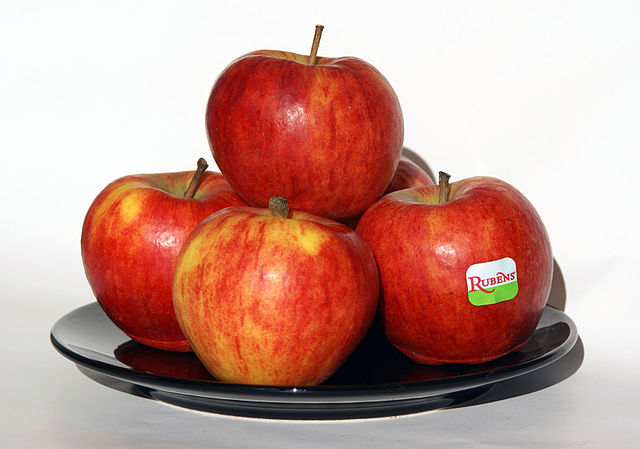Take vs Get
The distinction between the verbs “take” and “get” can become confusing when discussing acquiring possession of an item. While both words are used in numerous contexts and have similar meanings, there are notable differences when used in specific situations. In this article, we will explore the meanings of each term and their unique characteristics through various examples.
What does Take mean?
“Take” means to acquire possession of something, often through some action or effort. It is also used in many collocations in English, such as “take a lesson,” “take a shower,” or “take a seat.” Additionally, “take” can mean to consume or use something. Here are some examples:
– Everyday I take a shower.
– I took an apple from the counter.
– Robert takes three pills a day.
In each of these sentences, the subject is actively involved in performing the action. It is worth noting that when “take” is used in a context like the second example, it can carry the connotation of obtaining something without the owner’s permission.
What does Get mean?
“Get” means to obtain or receive something. This word is also used in many collocations, such as “get dark,” “get home,” “get some sleep,” or “get in touch.” Here are some examples:
– I get my salary on the 7th of every month.
– I got a brown puppy for my birthday.
– It will get dark soon.
In each of these sentences, the subject is passive and not actively involved in the action. The word “get” implies that the subject obtains something without much effort or involvement. Unlike “take,” “get” does not carry a connotation of wrongfully obtaining something.
Key Takeaways
- “Take” means to acquire possession of something through action or effort, while “get” means to obtain or receive something passively.
- “Take” often implies that the subject is actively involved in the action, whereas “get” suggests that the subject is passive and not actively participating in the action.
- At times, the word “take” carries the connotation of acquiring something without the owner’s permission, whereas “get” does not have this connotation.
